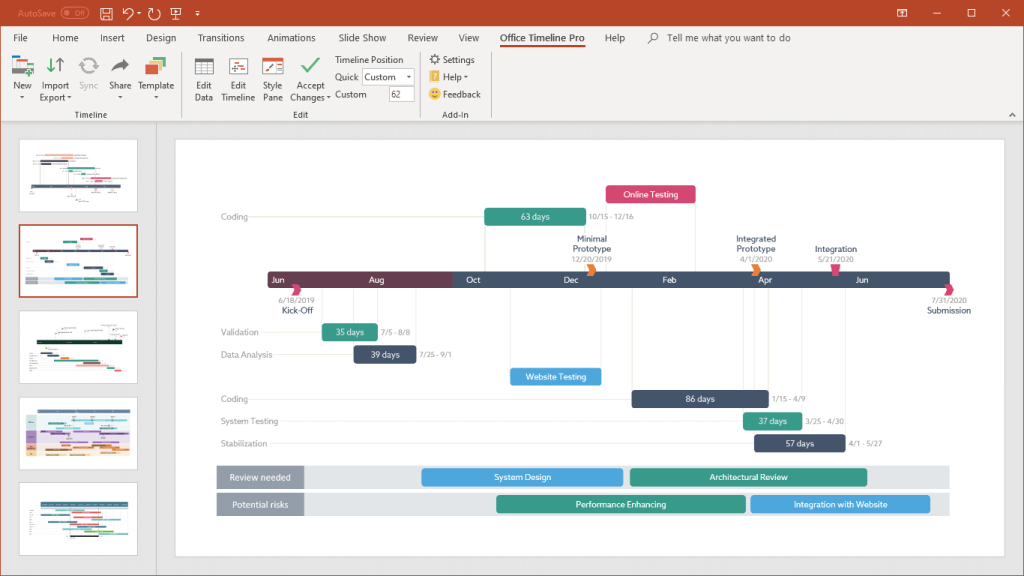
Wrapping up a scope of work brings with it a range of emotions. Excitement, relief and sometimes even sadness are common at the end of a project where you have invested so much of your energy and time. Although it is tempting to move on to your next project, before transitioning, take the time to properly bring your current project to closure. Here is a short check-list to follow before fully exiting a project:
Are all required deliverables complete?
This is the time to reflect on the project plan. Review it with an objective mind or partner with a peer to help gain balanced feedback. Work through your project plan and ask yourself if all tangible deliverables have been completed. Be ruthless with your assessment and include not only mission-critical deliverables, but all deliverables the plan committed to.
Have all approvals been obtained?
Diligently obtaining written approval for sign-off during the lifecycle of the project is a ‘must-do’ and a good discipline to adhere to. Ensuring the proper approvals have been obtained keeps business leaders informed and accountable for their actions. It also protects you as the Project Manager (PM) to have the appropriate stakeholder’s confirmation that the project is approved.
Have all required administrative tasks been performed?
Managing the administrative side of the project takes time, however these housekeeping tasks are vital when it comes to project closure. Close out any open contracts and make sure all time has been properly accounted for, billing is complete and people on the project have been released and/or are assigned to new projects.
Are all project documents and deliverables archived?
Ensuring that all documentation related to the project is stored in a central archive and available for access is important. These may be used as the foundation for an upcoming project, or you may need to reference them for future questions about how this project was managed. It is also a good practice to create and archive a FAQ’s or Lessons Learned document, so knowledge and key learnings are transferred to the others who will come after you.
Have all calendars been cleared?
Check across the team to see all the meetings that have been conducted? If there are outstanding or unnecessary meetings still scheduled, make sure to cancel and remove these from calendars. Removing any confusion around recurring meetings is a courtesy to others and a best practice for closing projects.
Does everyone know the project is complete?
Ensuring that all stakeholders and departments involved in your project are aware that it is complete is a sometimes overlooked step, but one that will differentiate your from others. Properly closing with a formal wrap-up communication in which you share the achievements and results with everyone involved shows professionalism.
Have you thanked key contributors, stakeholders and sponsors?
Taking a few extra minutes to thank key contributors, stakeholders and sponsors is another act of professionalism. Saying thank you to someone is a simple way to leave them feeling good about you as a PM, regardless of how challenging they may have been. Make your last interaction on the project one of thanks and you’ll will improve your PM brand.
By utilizing this 7 point check list you can ensure that your project closing skills are as strong as your day-to-day management skills and you will be confident that you are leaving a project well managed.

Turn project data into professional timelines
Get the advanced features of Office Timeline Pro+ free for 14 days.
Get free trial